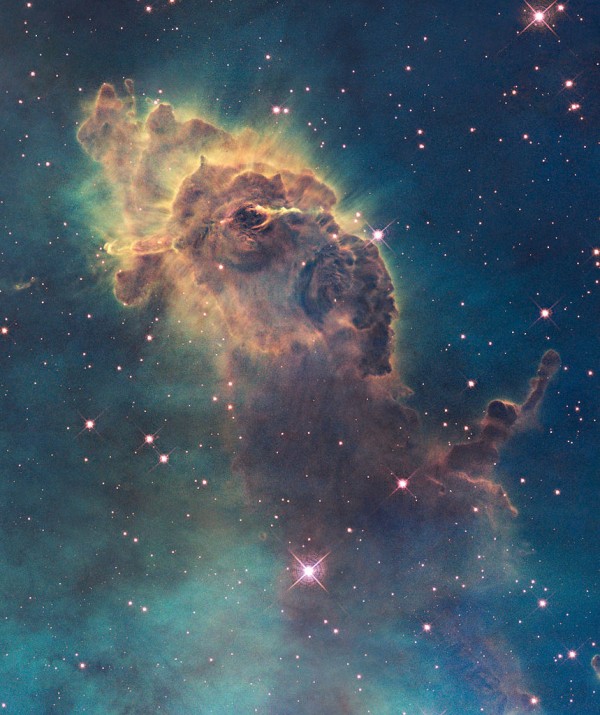
Astronomers found that galaxies are receding at an increased rate, which indicates that the Universe is expanding faster than ever before. However, the new findings only raise more questions like whether the measurements being used are wrong or are there new physics that goes beyond the realm of the standard model currently used.
Edwin Hubble first demonstrated in 1929 that the Universe is expanding. The method used and the findings may be in agreement with other theories, still there are some minor discrepancies. To settle the inconsistencies, a new method that measures the expansion of the Universe was develop, but it only raises more questions, Forbes reported.
The physical parameter used is called the Hubble Constant. Besides the rate of cosmic expansion, this measurement method can also tell the age of the universe by tracing the expansion backwards to the big bang. Astronomer Vesto Slipher measures the rate by combining the redshift of the galaxies' light and the Cepheid variables, which is the brightness of the variable stars.
This method found that the Universe is only two billion years old, which is less than the initially theorized age of 4 billion years old. But as this method was improved, it found that the Universe is actually 14 billion years old. There are other methods that use the Hubble constant to determine the age of the Universe and the rate of cosmic expansion, but they don't all agree on a constant number.
The Hubble constant can tell if a refute about the Universe is correct or if astronomers are missing something important, said Germany's Max Planck Institute for Astrophysics lead researcher Sherry Suyu. According to one of the members of the team, Frédéric Courbin of Exole Polytechnique Fédérale de Lausanne, the method is simple and direct using geometry and General Relativity, Science Alert reported.
Through this new method has updated the Hubble constant claiming that the rate of cosmic expansion if expanding, however, Planck's Hubble constant estimate last year suggests that the rate is slowing down. This inconsistency could mean that the method of measurement is wrong, but according to Suyu, this type of inconsistency could mean that this could lead to a discovery of new physics that reaches beyond the realm of the current knowledge of astronomers on the Universe.



